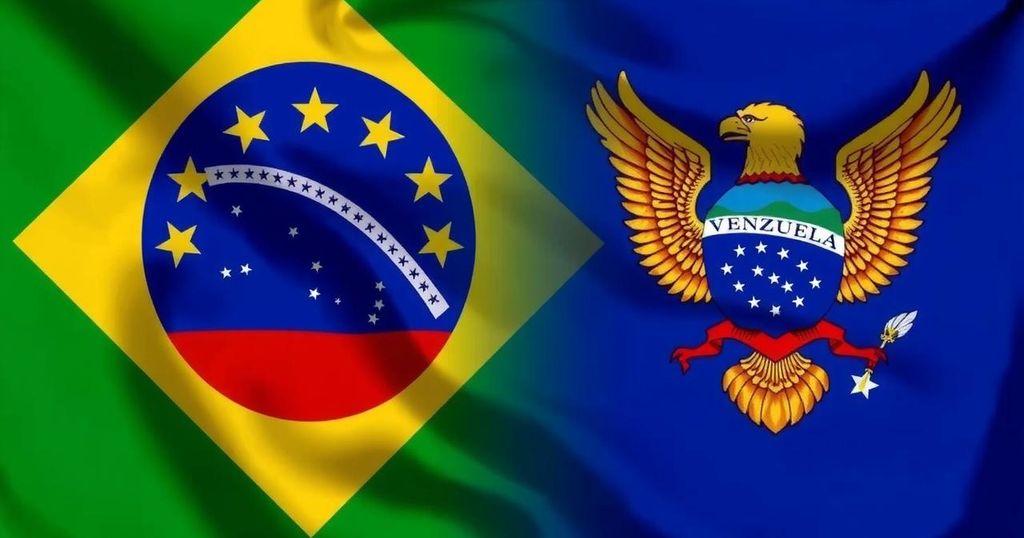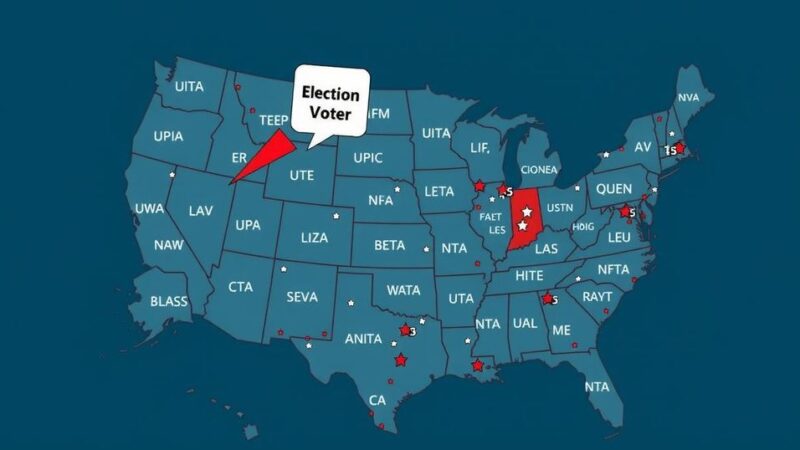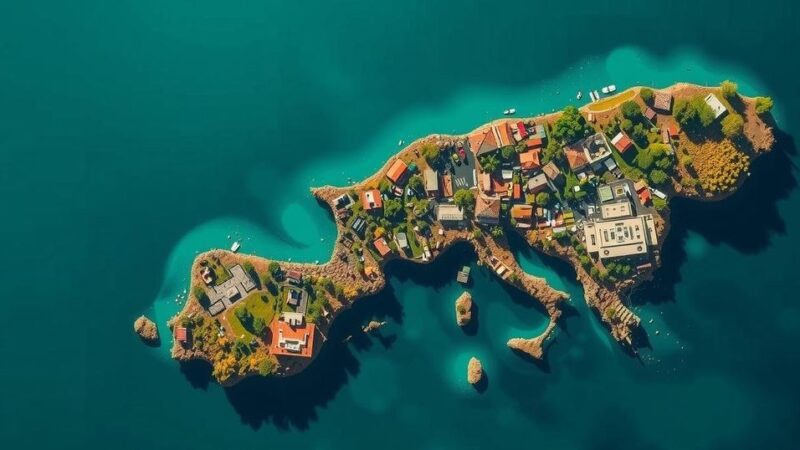The Venezuelan government recalled its ambassador from Brazil over the Brazilian administration’s perceived interventionist statements. The action is part of escalating tensions following the disputed presidential election in Venezuela, where President Lula da Silva pressured Venezuela for official election results. Venezuela accused Brazilian officials of acting on behalf of U.S. interests as relations soured further when Brazil vetoed Venezuela’s BRICS membership.
The Venezuelan government announced on Wednesday its decision to recall its ambassador from Brazil, citing what it characterized as “repeated interventionist and rude statements” emanating from Brasilia. Alongside this recall, the Venezuelan administration stated it would summon Brazil’s business envoy for discussions. The Venezuelan Foreign Ministry specifically criticized Celso Amorim, the chief foreign policy advisor to the Brazilian president, accusing him of acting “more like a messenger for North American imperialism” and expressing disapproval over his habit of issuing judgments regarding matters that should be resolved by Venezuelans and their democratic institutions. Additionally, Jorge Rodriguez, the leader of Venezuela’s parliament, had previously proposed a vote among lawmakers to declare Amorim a persona non grata, alleging that he had functioned as a representative of U.S. National Security Advisor Jake Sullivan. This diplomatic tension arises in the context of increased strain following Venezuela’s contested presidential election in July, after which President Luiz Inacio Lula da Silva publicly urged the release of official voting tallies by Venezuelan electoral authorities. Although President Maduro’s administration has proclaimed electoral victory, it has yet to disclose the requisite tallies, while the opposition has released thousands of scanned voting machine receipts that purportedly indicate a significant win for their candidate. Relations deteriorated further when Brazil blocked Venezuela’s application for membership in the BRICS group of emerging economies, an action which Venezuela termed “an inexplicable and immoral aggression.” Brazilian government records indicate that over 600,000 Venezuelans have migrated to Brazil in recent years. In 2022, bilateral trade reached approximately $1.3 billion in Brazilian exports and $400 million in Venezuelan shipments.
Venezuela’s political environment has been tumultuous, particularly following contentious elections which have resulted in significant international scrutiny. The conflict with Brazil escalates amid Venezuela’s ongoing struggle for legitimacy both domestically and abroad, with neighboring countries like Brazil taking significant stances against the Maduro regime. The opposition in Venezuela remains vocal, releasing evidence they claim undermines the government’s declarations of electoral success, while diplomatic repercussions are increasingly complicated by broader geopolitical dynamics, particularly in relation to the United States. The historical migration of Venezuelans to Brazil underscores the intertwined fates of the two nations, where economic conditions and political unrest in Venezuela have prompted significant cross-border movement.
In summary, the Venezuelan government’s decision to recall its ambassador from Brazil highlights escalating geopolitical tensions following a disputed presidential election. The criticisms leveled at Brazilian foreign policy advisors indicate a deeper dissatisfaction with external assessments of Venezuela’s democratic processes. Furthermore, the ongoing accusations and diplomatic maneuvers signal a challenging future for Venezuelan-Brazilian relations, particularly in the context of migration and economic trade.
Original Source: www.usnews.com






